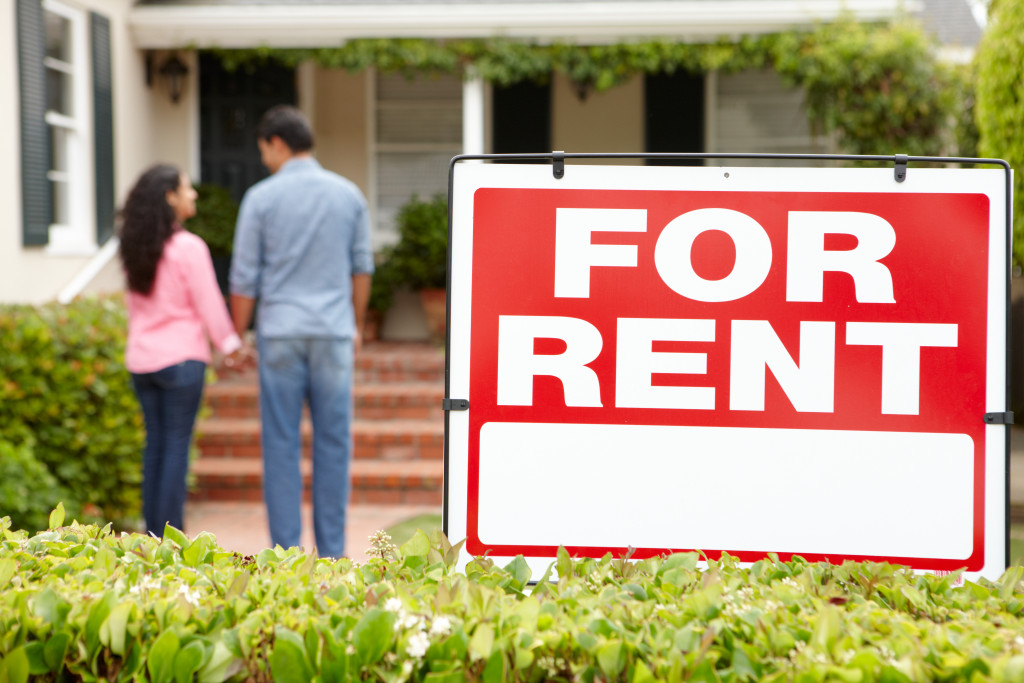You may find it fascinating to realize that you can turn your home into something that will give you income. Yes, by turning your house into rental space, you can generate revenue. And it’s good to have an investment that can provide you with passive income aside from your day job. Who knows, you might even be able to quit your day job and focus on being a full-time landlord?
But before anything else, you have to know that an average landlord may not earn that much initially. That’s risky, especially if you’re planning to use the income from your rental space to cover your mortgage. You don’t want to end up losing money instead of earning.
Aside from that, there are other things you need to do before turning your house into a rental space. We listed some of them for you so you’ll have an idea of what to expect:
1. Check if your house is zoned for rental use.
Before you start advertising your house as a rental property, it’s essential to make sure that it’s zoned for that use. Check with your local zoning office to see if there are any restrictions on rental properties in your area. You may need to obtain a special permit or license before legally renting out your home.
Once you’ve verified that your house is zoned for rental use, take some time to familiarize yourself with the state and local laws governing landlords and tenants. This will help you understand your rights and responsibilities as a landlord, and it will also help you avoid any potential legal trouble down the road.
By taking these simple steps, you can be sure that you’re doing everything above board when you turn your house into a rental space.
2. Make sure your house can pass an inspection.
Before you list your house as a rental, it’s important to make sure that it will pass an inspection. Otherwise, you could end up with a property that sits empty for months. The best way to ensure that your house will pass an inspection is to work with a reliable realtor.
They have a network of inspectors who can give your property the once-over and identify potential problems. In addition, they can help you to determine what type of repairs or renovations will be necessary to get your house up to code. With their help, you can maximize your chances of renting your property quickly and for top dollar.
3. Determine how you’re going to screen tenants.
It is important to carefully screen tenants to find responsible, reliable renters who will take good care of your property as a landlord. There are a few different ways to screen tenants.
One way is to require potential renters to fill out a rental application, including basic information such as their name, contact information, current address, employment history, and rental history. You can also run a credit check and a background check.
Credit checks will show you whether the tenant has a history of making late payments or skipping out on rent altogether. Background checks can reveal any criminal record that the tenant may have. Screening tenants takes some time and effort, but it is well worth it in the long run.

4. Decide the amount of rent you’re going to charge.
When setting the rent for your rental property, it’s important to balance making a profit and pricing your rental competitively. If you charge too much rent, you could have a vacant property. If you charge too little, you won’t be able to make ends meet.
To find the right price for your rental, start by researching the average rent prices in your area. Once you have an idea of what other landlords are charging, you can set your price based on the amenities and features of your property.
However, keep in mind that rents can fluctuate over time, so it’s important to keep an eye on the market and adjust your rent accordingly.
5. Know the responsibilities of a landlord in your area.
As a landlord, you will have specific responsibilities to your tenants. These responsibilities will vary depending on the state or country in which your rental property is located.
In general, however, landlords are responsible for maintaining the property in a habitable condition, making repairs promptly, and obeying all applicable building codes and ordinances.
In addition, landlords must also provide their tenants with a written lease agreement that outlines the rental agreement terms. Be sure to familiarize yourself with the landlord-tenant laws in your area to know what is expected of you as a landlord.
Remember to do your research if you’re thinking of becoming a landlord. Be prepared for the responsibilities that come with it. With a bit of planning, you can turn your rental property into a valuable source of income.





